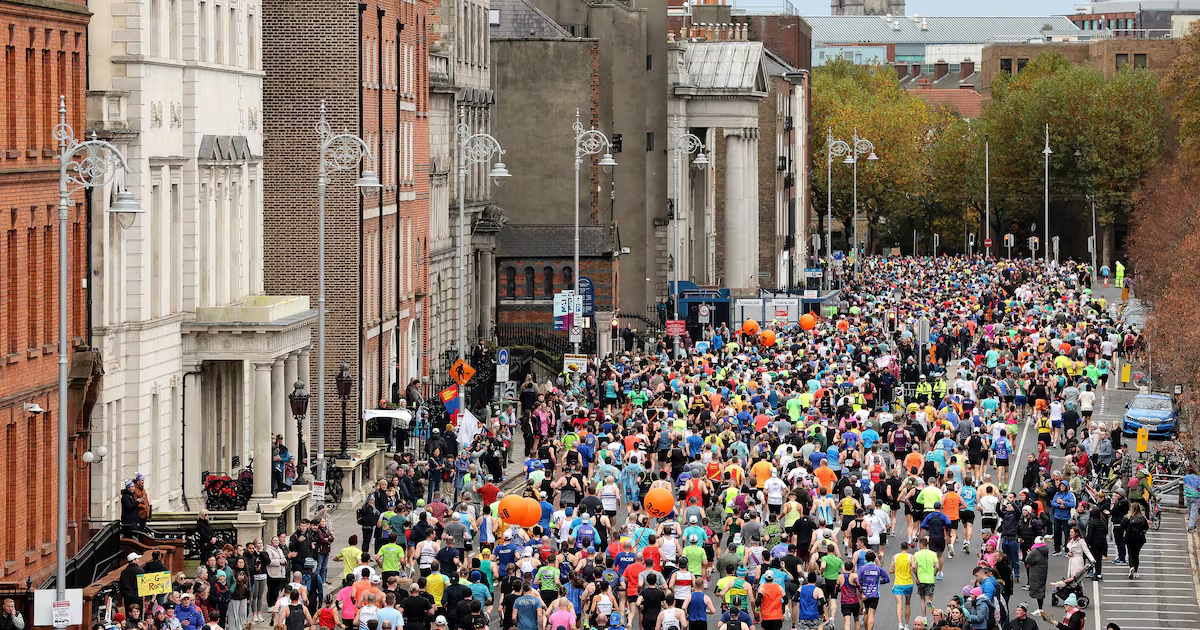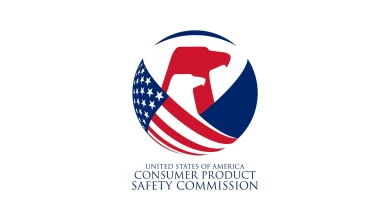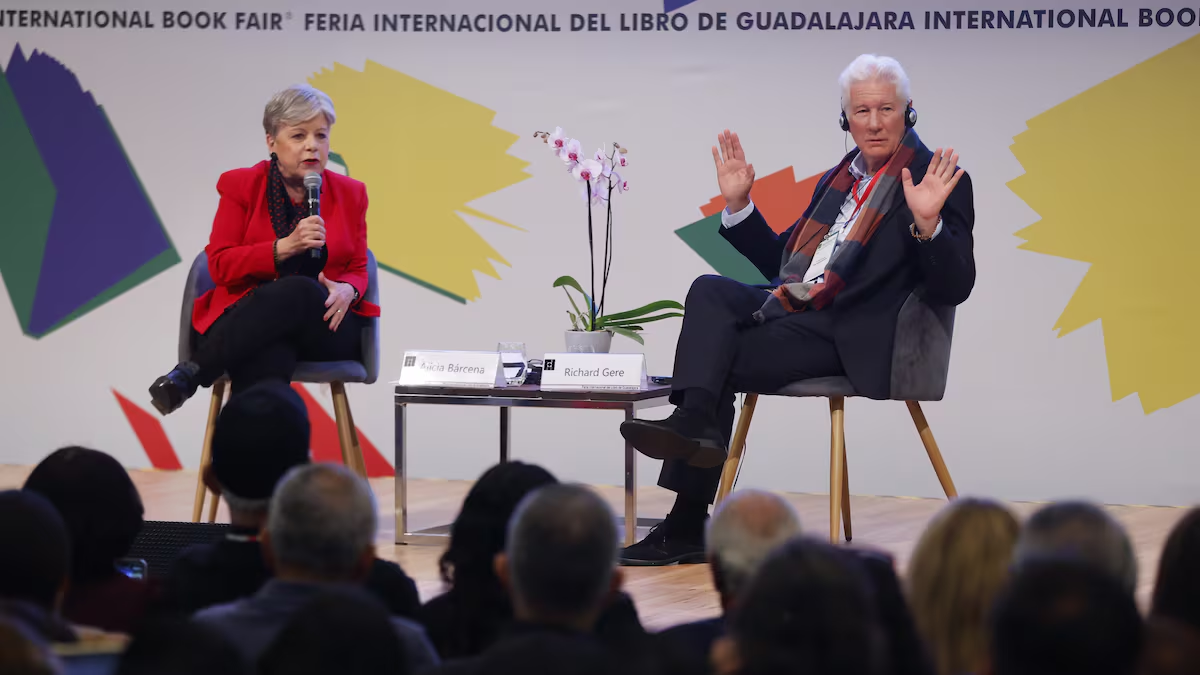Running groups concerned at outcome of ballot for places in next year’s Dublin Marathon

There is some concern among running groups around the country at the outcome of the lottery-based ballot for entry into the 2026 Dublin Marathon.
Of the record 47,000 applications for the 22,500 places, only 17,200 were successful. This equates to a success rate of less than two in five.
The remaining 5,300 slots are to be shared among charity and international tour partners, good-for-age club runners and the elite men and women.
Dublin running coach Kevin English, who is presently Sligo-based, had a group of 140 taking part in last month’s Dublin Marathon, and believes the greater uncertainty around the lottery-based ballot for 2026 has disappointed more runners.
“Generally from my running group, it seemed to be one in five got a yes, so quite a high percentage were no,” he said.
“It’s purely a supply-and-demand thing. Every year the demand is getting bigger, so of course more people are going to be left disappointed.
“But one thing they could have looked at is giving people priority entry if they ran all the Dublin Marathon countdown race series, which is one way of looking after the loyal runners.
“We also still don’t know exactly how many good-for-age entries there will be, which is the main way in for club runners.”
While the number of general entry places was the same as 2025, the organisers scrapped the priority entry system, which had guaranteed a spot to all those who entered the race the previous year.
This change is aimed at increasing women’s participation and the number of first-time runners.
Organisers collected €149,000 in nonrefundable administration fees from unsuccessful applicants. Photograph: Bryan Keane/INPHO
A €5 administration fee was also applied to all ballot entries to cover processing costs. For successful applicants, this fee was redeemable against the full €110 entry fee.
With 29,800 of the ballot applications not successful, this suggests that €149,000 in administration fees were still collected by the organisers from runners who will not be able to compete in the race.
“The real uproar is the €5 just to enter the ballot, which you don’t have in any marathons like London or New York. None of them do it,“ English said.
“I thought doing away from the preferred entry is a good idea, if you want to get more first-time runners. Although I saw one guy online saying he’d run the last nine, didn’t get an entry this time, and was hoping to make it the 10th.
“But the €5 just to enter the ballot is still a real stickler with people. When they signed up, they knew they weren’t getting the €5 back if they weren’t successful, but they probably didn’t realise just how many people wouldn’t be successful.”
[ Dublin Marathon 2026 ballot: How to apply, entry fee and what has changed?Opens in new window ]
Wicklow running coach Billy Porter, a founding member of Parnell Athletics club based in Rathdrum, has had large groups of runners enter the Dublin Marathon over the years, including those running for charity for Wicklow Hospice.
Porter highlighted the recent announcement of Athletics Ireland registration reaching a November peak of 75,078, the highest in the association’s history.
Since 2003, the Dublin Marathon has doubled as the national marathon championships, but it is no longer clear if all Athletics Ireland members can enter.
“If you’re an Athletics Ireland member, and can’t get an entry to the Dublin Marathon, then it should not be a national championships,” Porter said.
“Dublin also now doubles as the Leinster marathon championship, and the Wicklow marathon championship, a lot of other counties too.
Billy Porter says booming interest in running, and Dublin’s reputation for a well organised marathon, has upped demand for places. Photograph: Andrew Conan/INPHO
“So if you’re a member of Athletics Ireland, and Dublin is the national marathon championship, then you should be able to enter. That’s very important.
“We’ve a guy whose has run 42 Dublin Marathons in a row, he went on the ballot and thankfully he did get in. But he’d have been very disappointed if he didn’t.
“The national marathon used to move around from Dublin, Cork, Galway, wherever, and that might be something the national marathon needs to do again if Dublin can’t accommodate all the club runners.”
English said the booming interest in running, coupled with Dublin’s reputation as a well-organised marathon, has led to demand for entries soaring.
“Running has gone mental at the moment. Nearly every single spring marathon next April is already sold out, even the big ones. Like, the Brighton Marathon is gone, where you could always sign up in January or February,” he said.
“There’s no doubt Dublin is a class marathon, the support has gone to a whole different level over the last two or three years.
“To run London or Paris is going to cost you big money, and you can’t beat sleeping in your own bed the night before. I’ve had runners who have run faster in Dublin than Chicago, and Chicago is a super-fast course.
“I still think they were right to get rid of the preferred entry: you can’t really make the assumption you can always run next year just because you ran this year.
“They’re also holding back 5,300 entries, mostly for the good-for-age, and it would have made more sense to allocate those first and save people entering the ballot who may have secured an entry this way.”





